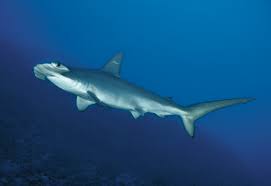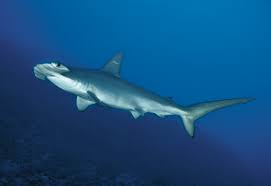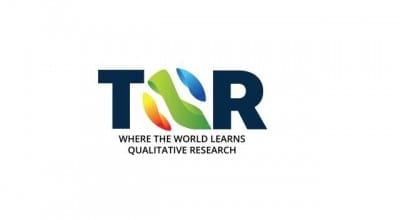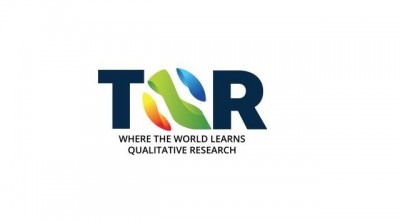Counseling Professor is Associate Editor of New Journal
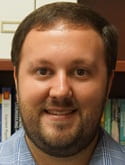
When he is not teaching or running a research lab, College of Psychology Department of Counseling Assistant Professor W. Bradley McKibben, Ph.D., is also serving as the associate editor of a new journal.
In 2018, McKibben accepted a three-year appointment as associate editor of Teaching and Supervision in Counseling, the official journal of the Southern Association for Counselor Education and Supervision, or SACES. The organization, whose mission is to support counselor educators and supervisors, includes 14 southern states, covering bordered to the north by Maryland, to the south by Florida, and to the west by Texas.
“It gives more of an outlet to research and researchers who are studying training of counselors,” McKibben said of the journal’s creation. “This offers another outlet for that.”
McKibben’s involvement arose from a conversation with his former mentor Kelly Wester, Ph.D., an Associate Professor at the University of North Carolina at Greensboro. McKibben expressed an interest in journal editing work, and several weeks later, Wester called him about the new journal, of which she is the editor. After McKibben was aboard, there was the task of setting up the journal and requesting articles for the first issue.
The journal received 60 submissions for its debut issue in February 2019, but only six made it into print. McKibben credits several ad hoc reviewers for helping read through the submissions and help get the journal launched. Some of the articles cover topics like “Exploring Latina Clinical Mental Health Counseling Students’ Perceptions of Teaching Practices” and “Am I My Peers’ Keeper? Problems of Professional Competency in Doctoral Students.”
The journal will publish twice a year, with the second issue expected in October. McKibben said it might have more articles than the first issue, but fewer than 10.
For More Information: https://psychology.nova.edu/news-events/2019/cop-counsjournal.html
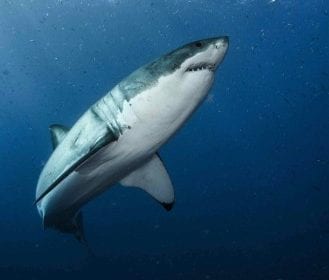
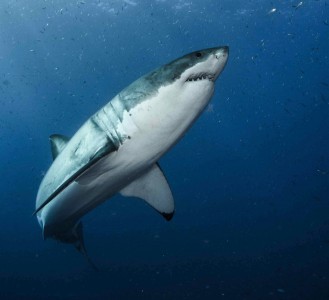

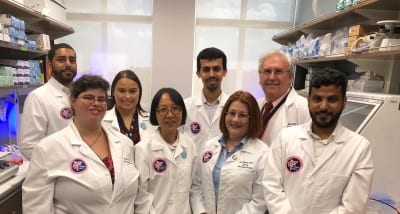
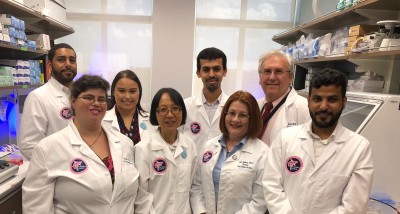
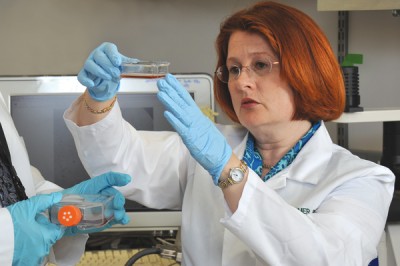
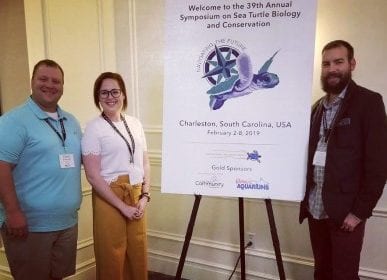
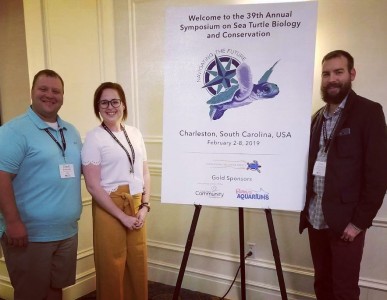
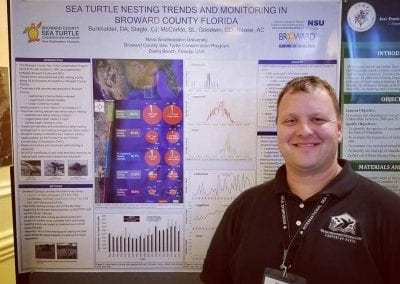
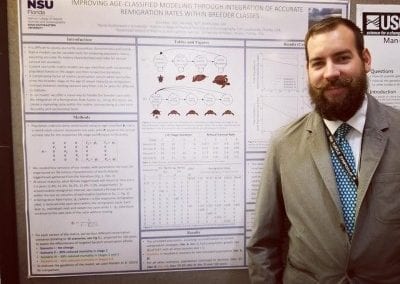
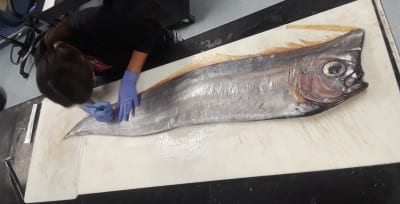
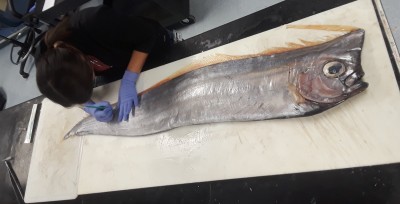
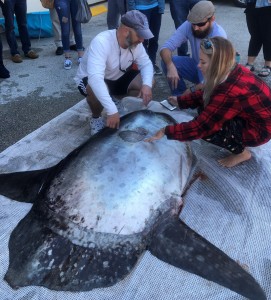
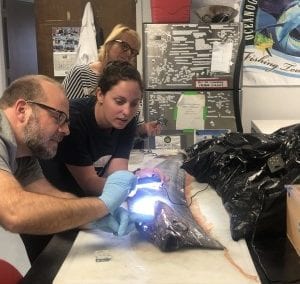
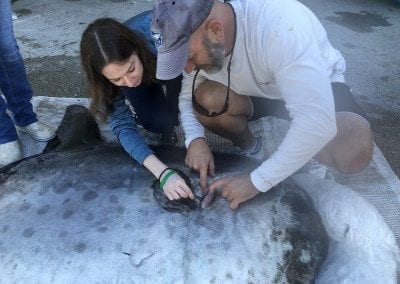

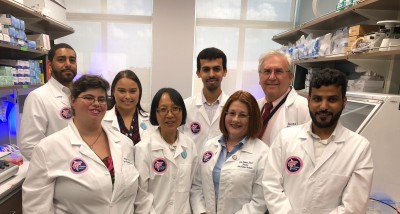


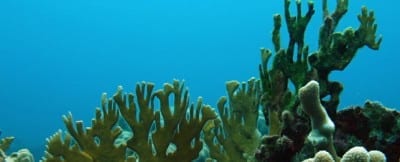
![subpage-banner-20[1]](https://nsunews.nova.edu/wp-content/uploads/2018/10/subpage-banner-201-400x162.jpg)
